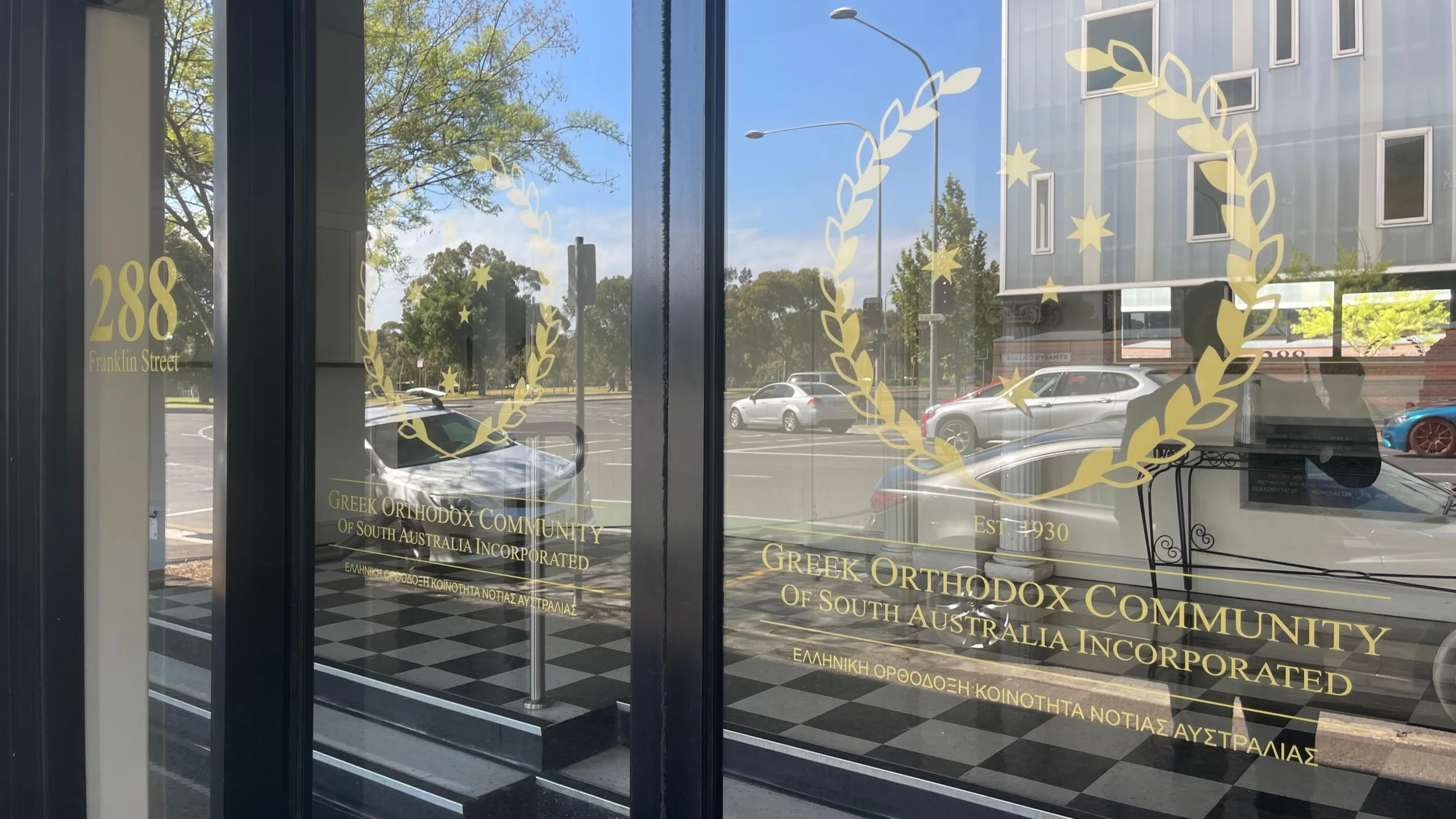New information has come to light about internal challenges facing the Greek Orthodox Community of South Australia (GOCSA) in the lead-up to its Annual General Meeting (AGM) this Sunday, November 30.
Two senior figures – Vice President Dr Stan Salagaras, and Administrative Council (AC) member Arthur Flabouris – have outlined the governance and operational concerns that led to their resignations, offering their perspective on pressures contributing to staff turnover and organisational strain previously reported by The Greek Herald.
Senior leaders cite governance failures
Flabouris said the challenges extended far beyond communication problems, pointing to a broader concern about transparency that made it increasingly difficult for the AC to carry out its responsibilities. He noted that GOCSA operates with an estimated $20 million annual turnover, employs approximately 200 staff, and holds around $70 million in property assets, but said the AC was repeatedly unable to obtain the reporting required to oversee an organisation of this scale.
“We were elected to carry out the will of members, but requests for information went unanswered,” he said. “We couldn’t get the reports we needed, and the communication between the AC and the SC broke down completely.”
He added that the AC had twice written to the President in recent months outlining governance and workplace concerns they considered serious, but said they received no written response or proposed solution.
“The AC wrote to the President twice… We received no response, no solutions, no follow-up,” Flabouris said.
Flabouris added this lack of transparency also extended to staff departures, with the AC saying they were not being given access to resignation letters or explanations for why personnel were leaving.
“How can you fix problems when you’re not told what they are? It made it near impossible for us to understand the issues across the organisation – and that’s supposed to be our role,” he said.
Both Flabouris and Dr Salagaras confirmed they were not offered exit interviews, despite President Peter Ppiros telling The Greek Herald last week that such processes are conducted “where possible.”
Key barrier
Dr Salagaras, who also chaired the Ridleyton Greek Home for the Aged (RGHA) Committee, said attempts to stabilise operations and address emerging risks were repeatedly blocked.
“We had clear pathways to fix the problems,” he said. “We put forward practical solutions, but without support or follow-through, nothing changed.”
The reforms he proposed included:
- a long-term aged care master plan
- an external operational review to prepare for new Aged Care Act requirements
- reinstatement of HR, IT and property management roles following key staff departures
- timely monthly financial reporting and completion of the FY26 budget
- clearer processes to address workplace matters raised by staff and external agencies
According to Dr Salagaras, these initiatives were raised multiple times but were not progressed prior to his resignation.
Both departing leaders said their concerns centred on the involvement of some members of the Supervisory Committee, who they believe were influencing governance and operational matters to a degree they considered disproportionate. This, they said, stalled key processes, contributed to unresolved complaints and created instability across several business units.
These internal accounts build on earlier issues reported, including high staff turnover and vacant senior roles across the organisation. To date, The Greek Herald understands there has been nine resignations, two more since our report last week, and two remaining on indefinite stress leave. The Director of Clinical Services at RGHA resigned on Wednesday night.
AGM materials do not address governance concerns
Despite the extent of disruption, the AGM agenda lists only standard procedural matters that are mandatory inclusions with no reference to vacant management roles or the governance concerns raised by AC members.
Similarly, the nine-page President’s Report highlights cultural activities, events and programs but does not address the operational pressures affecting day-to-day continuity.
For some members, the absence of these matters raises questions about transparency and whether the AGM will address the stability needed to ensure continuity across GOCSA’s services.
Members expected to seek clarity at crucial meeting
The Executive Committee, led by President Peter Ppiros, has acknowledged the concerns raised publicly in recent days.
In a statement to The Greek Herald last week, Mr Ppiros stressed that staff turnover has been treated respectfully, recruitment is under way, and the Board remains committed to transparency, quality reviews and uninterrupted delivery of services.
He said the Executive welcomes constructive feedback within a framework of respectful dialogue, and encouraged all members to attend the AGM and participate in open discussion on governance, workplace culture and membership processing.
With GOCSA responsible for aged care, community care, cultural programs, language schools and multimillion-dollar assets, the upcoming AGM is shaping into a crucial moment for the organisation’s direction and credibility.
The Greek Herald will continue to monitor developments and provide updates as they unfold.
